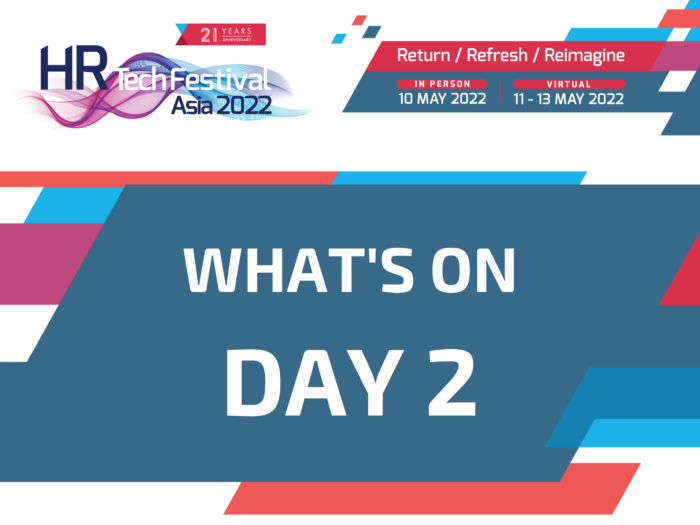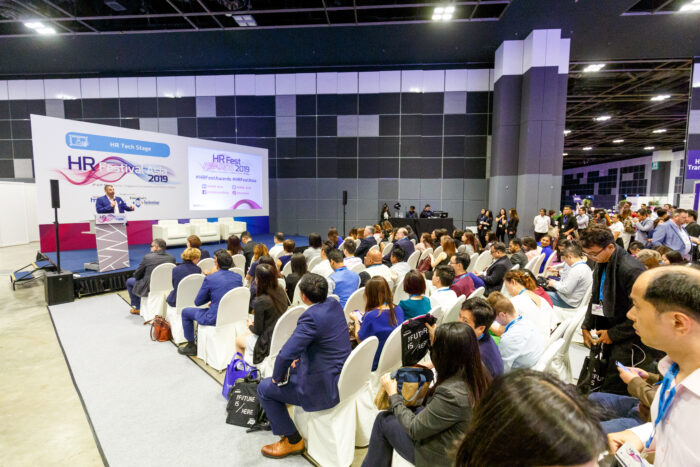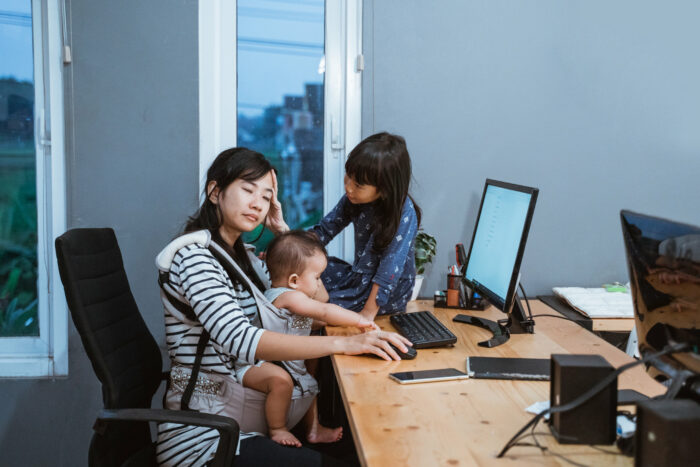HR Tech Festival Asia 2022: What’s happening on Day 2

From May 11-13, HR Tech Festival Asia 2022 will be presented virtually, offering a lineup of global and regional HR leaders.
Provision of care services could create 300 million jobs worldwide: ILO

Of the new roles, women could hold 78% of these new jobs and 84% of these would be formal employment.
Female employees in Australia promised more support measures

These include gender pay equity, improved career options, improved parental leave, and elimination of sexual harassment.
Return. Refresh. Reimagine: The future of workforce management

HR Tech Festival Asia 2022 will bring Asia’s HR community together to discuss key workforce issues and challenges.
What the top 4 workplace trends of 2021 has meant for 2022

Rosie Cairnes, VP, Skillsoft Asia-Pacific, examines how the top 4 workplace trends of 2021 have impacted 2022.
The talent imperative: Flexibility is a magnet for talent

Creating and sustaining a culture in which connection and collaboration thrive should be a priority for all organisations, says i4cp.
Why all employees should co-lead your change strategy

Ruby Kolesky, Co-CEO of Joyous, describes her experiences of improving the performance of people in an organisation by making them feel loved.
China aims to improve employment for disabled workers

Jobs will be created for the disabled at government departments, public institutions, state-owned enterprises and private businesses.
How the pandemic has narrowed the generational divide

Rachele Focardi shares 10 facts about the multi-generational workforce in the post-pandemic workplace.
Examining the pandemic’s impact on women in the workplace

Jeanne Achille, Founder and CEO of The Devon Group, calls for the creation of female-friendly cultures of diversity and inclusion in the workplace.
Bringing in-person connection back to Asia’s HR community

HR Tech Festival Asia 2022 is taking place from 10-13 May 2022 and includes the in-person HR Tech Fest Live on May 10.
Indonesia pushes for gender indicators in business reports

B20 Indonesia has recommended including gender indicators in mandatory business reports for companies in G20 member countries.
Singapore’s female employees want flexibility at work

About 54% of women in the city state want flexibility at work, but fear the stigma that comes with it, revealed a new LinkedIn survey.
Indonesia rolls out measures to narrow gender pay gap

The government has continued to enforce several measures to ensure equal pay for female and male workers, including setting up a labour watchdog.
Flexible working models needed to keep women in the workforce

Employers should create a more accommodating working environment for women, urged a global social impact enterprise.
Japan revises law to make paternity leave more accessible

All companies must inform their employees of the paternity leave system, and confirm with to-be fathers whether they want to take the leave.
Moments that matter in the inclusion experience

Lexy Martin and Melissa Arronte explain how the Inclusion Experience Framework can help organisations connect to key employee outcomes.
Malaysia passes bill to increase maternity leave from 60 to 98 days

The bill, which was passed with a unanimous vote, would ensure women employees get enough rest and attract more women to enter the job market.
Singapore’s guidelines on fair employment practices to become law

A White Paper has proposed that the Tripartite Guidelines on Fair Employment Practices be enshrined in law.
Japan mulls mandating disclosure of average wages by gender

As part of efforts to reduce gender inequality, the government is also considering having firms disclose the ratio of male workers on childcare leave.
More needs to be done to address workplace racism in Australia

Less than a third of respondents of a recent survey said their company is proactively preventing racial discrimination in the workplace.
Thailand plots roadmap to gender equality in business

This aims to increase women’s empowerment in the workplace and Thailand’s progress towards sustainable socio-economic development.
Malaysian NGOs ask for support of seven-day paternity leave

An amendment to the Employment Act allowing three days of paid paternity leave was previously proposed, but the NGOs said that it was insufficient.
South Korea urged not to abolish gender equality ministry

Willem Adema, senior economist in the OECD, said the move is premature and gives a completely “wrong policy signal” in the fight for gender equality.
Thailand amends law for longer paid maternity leave

The Social Security Office has been asked to propose a legal amendment that ensures women entitled to 98 days maternity leave are paid in full.
Taiwan lawmakers seek stronger legal protection for working moms

Faced with barriers of entry, women who want a return to work after giving birth often took a long time before they secured a new job.
Cambodia’s women entrepreneurs contribute significantly to economy

The number of women entrepreneurs in the kingdom has steadily increased over the years and currently 60% of enterprises are owned by women.
Creating a diversified, equitable, and inclusive workplace

A successful DE&I strategy can help organisations drive business outcomes and advance workplace gender equality.
Australia moves to reduce gender retirement gap

A baby bonus superannuation payment can reduce the gap between the retirement savings of men and women who go on maternity leave.
Singapore moves to help older PMEs transition to new jobs

Making the Jobs Growth Incentive permanent can help mature professionals, managers, and executives (PMEs) transition into new jobs, said MP Patrick Tay.
